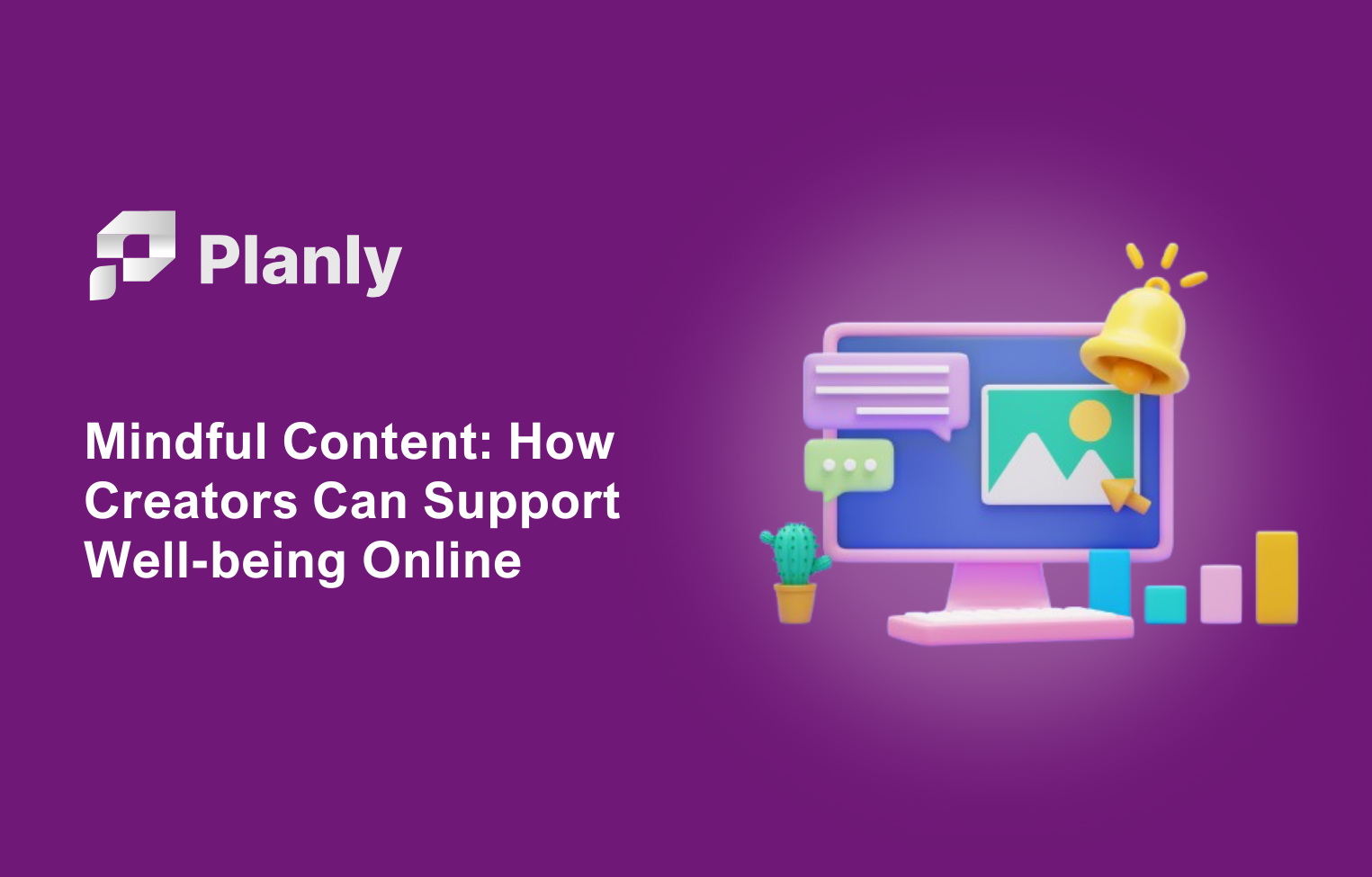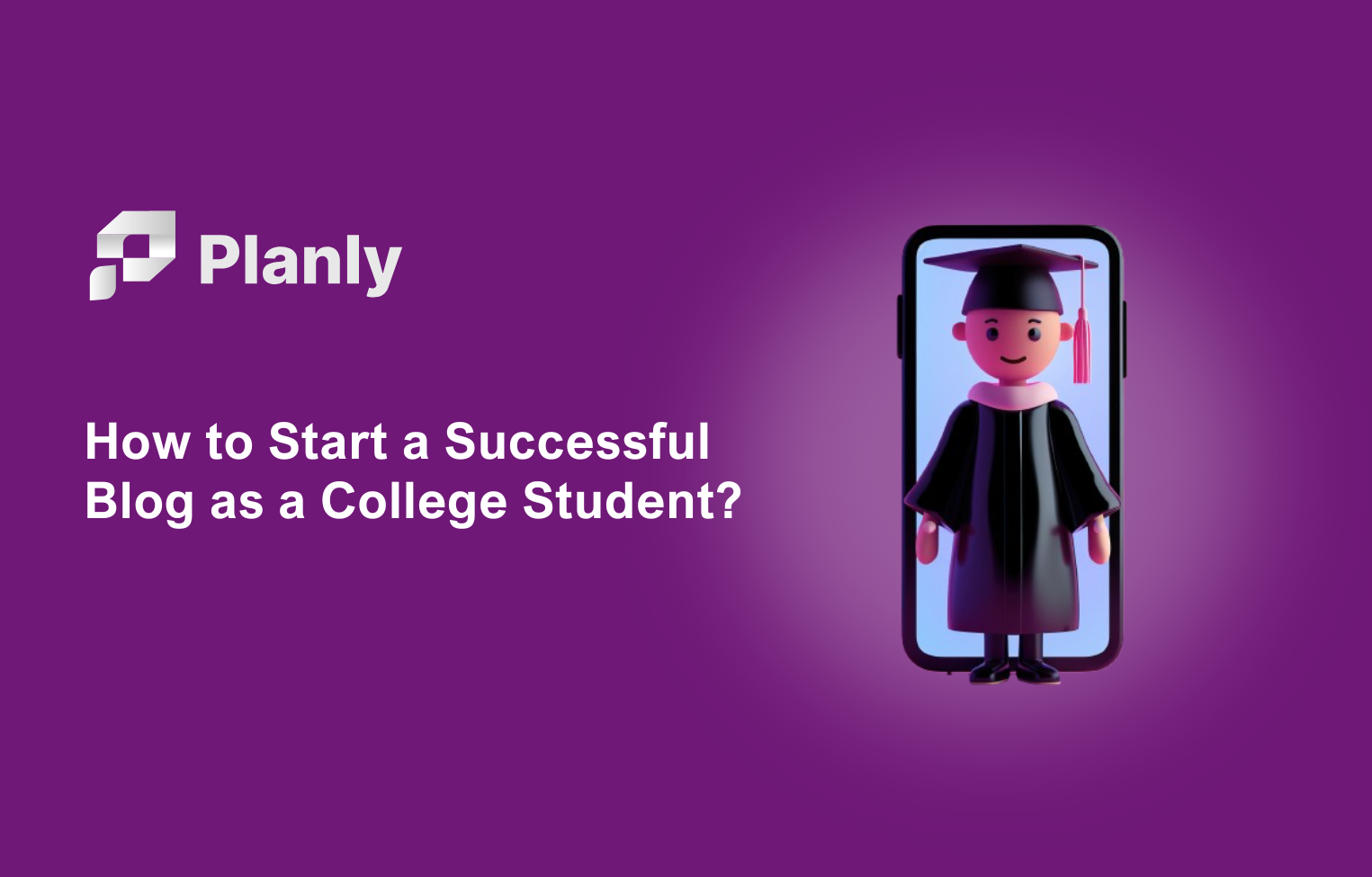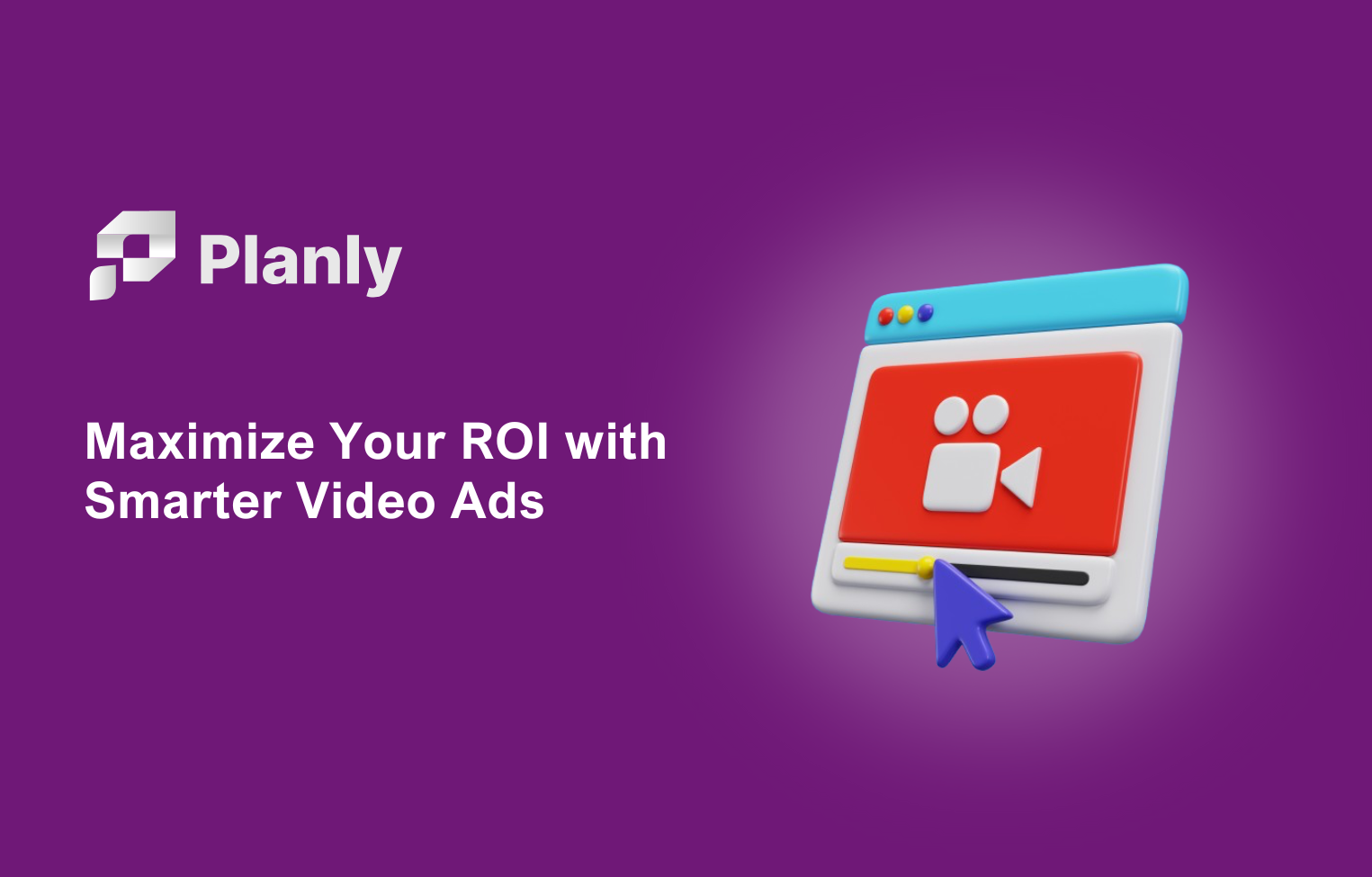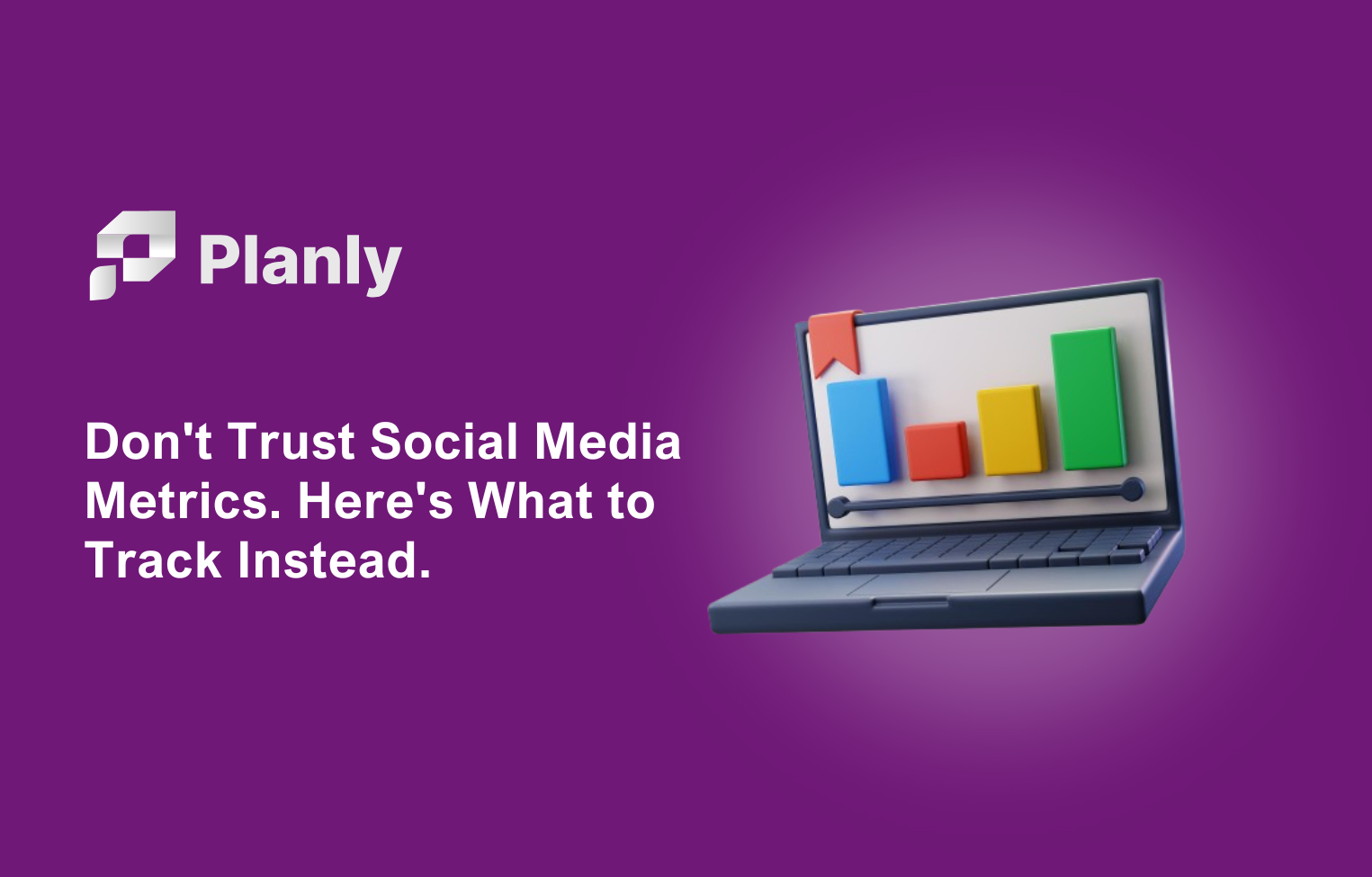In today's digital era, where consumers prefer authenticity and connection, user-generated content (UGC) has emerged as a powerful tool for creators and brands alike. This article explores the concept of UGC, the benefits it brings to both creators and brands, and how to leverage it effectively. Join us as we dive into the world of UGC and discover its immense potential.
Fostering Authenticity through User-Generated Content
Understanding User-Generated Content
User-generated content refers to any form of content created and shared by individuals, rather than brands or professional creators. It encompasses a wide range of formats, including text, images, videos, reviews, testimonials, and social media posts. What sets UGC apart is its authenticity and relatability, as it reflects genuine experiences and opinions of real people.
The Relevance of User-Generated Content for Brands

User-generated content has become increasingly crucial for brands aiming to build trust, establish credibility, and create meaningful connections with their audiences. Let's explore some of the
key benefits that UGC brings to brands:
- Enhanced authenticity: UGC provides an authentic perspective about a brand's products or services. When potential customers see real people sharing their positive experiences, it fosters trust and encourages them to engage with the brand.
- Increased engagement: UGC drives higher levels of engagement as it creates a sense of community and encourages users to participate. By actively involving their audience, brands can generate discussions, gather valuable feedback, and boost loyalty.
- Social proof and credibility: Consumers seek validation before making purchase decisions. UGC serves as social proof, showing potential customers that others have had positive experiences with the brand. This social validation helps build credibility and can influence buying decisions.
The Benefits of User-Generated Content for Creators
User-generated content not only benefits brands but also empowers creators in numerous ways. Here are some advantages that UGC offers to creators:
- Increased exposure: Collaborating with brands and featuring UGC can help creators expand their reach and gain exposure to new audiences. As their work is shared by brands and their followers, creators can attract more followers and enhance their visibility.
- Authentic endorsements: Being featured in UGC campaigns offers creators authentic endorsements from brands. This recognition strengthens their credibility as experts in their respective fields and can lead to new opportunities and collaborations.
- Community building: UGC allows creators to foster a sense of community among their audience. Encouraging user participation through challenges, contests, or interactive elements creates a bond and turns followers into loyal advocates.
Strategies for Effectively Leveraging User-Generated Content
Now that we understand the value of UGC, let's delve into some practical strategies to effectively leverage it for maximum impact:
- Encourage and incentivize UGC creation: Actively prompt your audience to create and share UGC by hosting contests, challenges, or giveaways. Offer rewards, recognition, or exclusive experiences for the best submissions to motivate their involvement.
- Curate and showcase UGC: Select the best UGC submissions and feature them on your brand's website, social media channels, or newsletters. By doing so, you not only provide positive exposure for your audience but also foster a sense of community.
- Use UGC for storytelling: Integrate UGC into your brand's narrative to make it more relatable and engaging. Showcasing real stories and experiences helps humanize your brand and creates a genuine connection with your audience.
- Engage with your audience: Actively engage with your audience by responding to comments on UGC and creating opportunities for dialogue. This interaction helps strengthen relationships, gain insights, and foster a loyal and engaged community.
- Leverage UGC for social proof: Utilize UGC as social proof on your website, product pages, and marketing materials. Testimonials, reviews, and user-generated images or videos help potential customers see the positive experiences others have had with your brand.
Leveraging a Twitter post scheduling tool can help ensure that your UGC campaigns are consistently promoted at optimal times, increasing engagement and allowing your brand to connect with a broader audience while maintaining a steady presence across social media platforms.
Best Practices for Successful User-Generated Content Campaigns
Setting Clear Guidelines for UGC
When running UGC campaigns, it is essential to establish clear guidelines to ensure the quality and relevance of the content produced. Here's how you can set effective guidelines:
- Define the theme and purpose: Clearly communicate the theme and purpose of your UGC campaign to guide participants' content creation. This ensures that the submissions align with your brand's values and objectives.
- Provide creative direction: Offer some direction or suggestions to inspire participants. This can be in the form of a mood board, examples, or specific prompts that help them understand the type of content you are looking for.
- Specify the platforms and hashtags: Inform participants about the platforms where they should share their UGC and the specific hashtags they should use. This streamlines the process of locating and curating the submissions.
Moderating and Managing UGC
To maintain quality and avoid potential challenges, it is crucial to have a moderation and management process in place. Here are some best practices for moderating user-generated content:
- Establish clear guidelines: Clearly outline what is allowed and what is not acceptable in terms of content, language, and behavior. This helps avoid any potential issues and maintains consistency.
- Regularly monitor and curate submissions: Keep a close eye on the UGC being created and shared by your audience. Regularly curate the content to ensure it aligns with your brand values and conforms to your guidelines.
- Obtain proper permissions and rights: If you plan to use UGC beyond the campaign, ensure that you have the necessary permissions from the content creators to use their work. This protects both your brand and the creators involved.
Measuring the Success of UGC Campaigns
To assess the effectiveness of your UGC campaigns, it's essential to track and measure their performance. Here are some key metrics to consider:
- Engagements and reach: Monitor the number of likes, shares, comments, and brand mentions to gauge the level of engagement and reach your UGC campaign has achieved.
- Conversion rates: Measure the impact of UGC on your conversion rates by tracking the number of customers who made a purchase or took a desired action after engaging with your UGC.
- User sentiment and feedback: Analyze the sentiment and feedback received from users interacting with your UGC. This helps gauge the overall perception of your brand and identify areas for improvement.
Conclusion
User-generated content is a powerful tool for both creators and brands, fostering authenticity, enhancing engagement, and building credibility. By effectively leveraging UGC, creators can gain exposure, strengthen their credibility, and build a loyal community. Brands can establish trust, connect with their audience, and drive conversions. Embracing the potential of UGC allows both creators and brands to thrive in an era where authenticity and relatability reign supreme. So, harness the power of UGC, and unlock endless possibilities for success.









